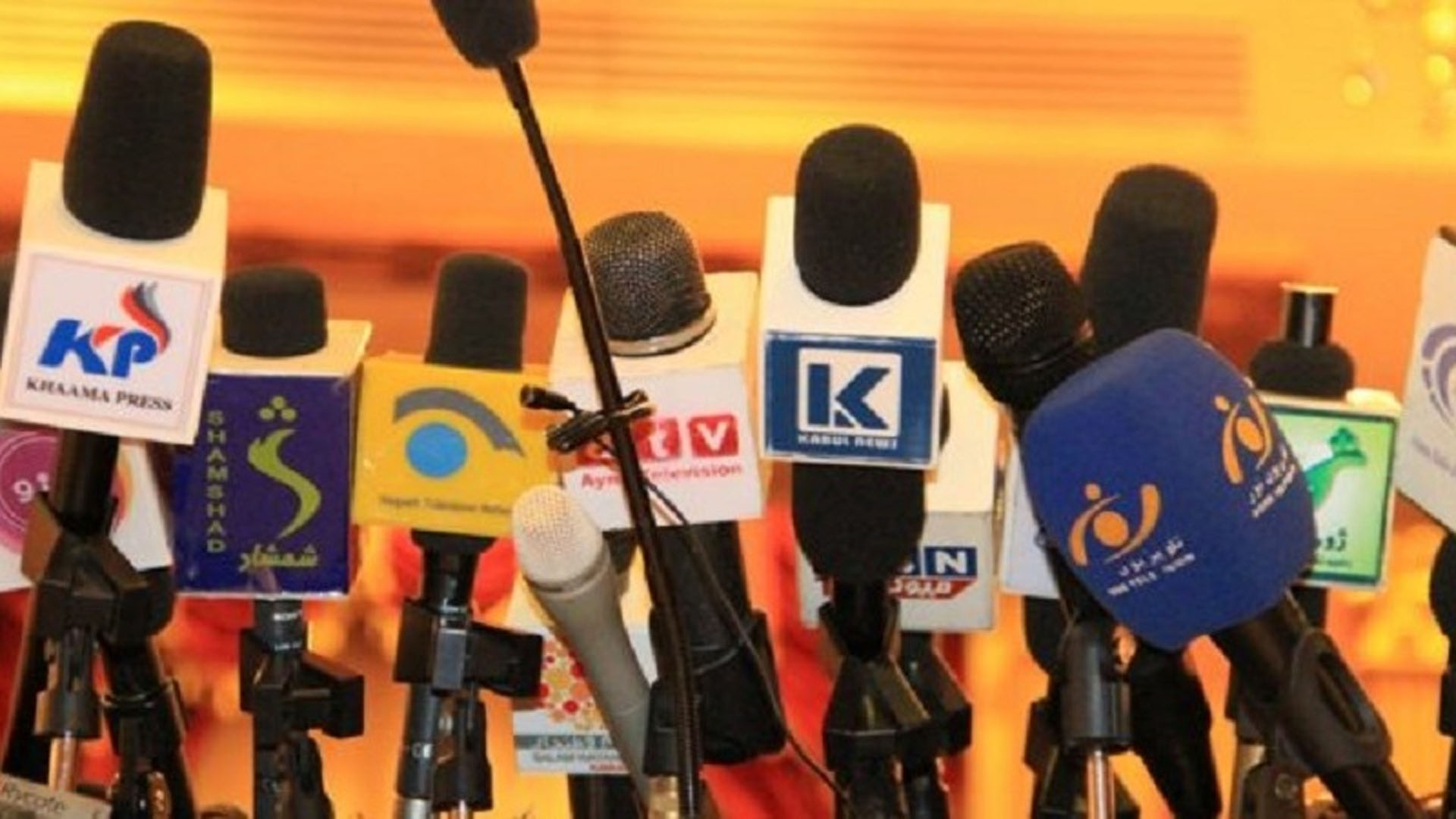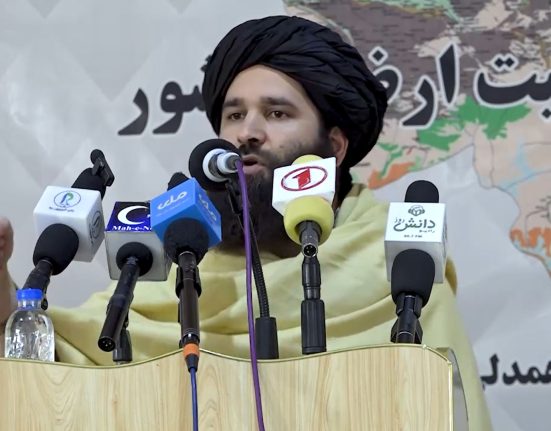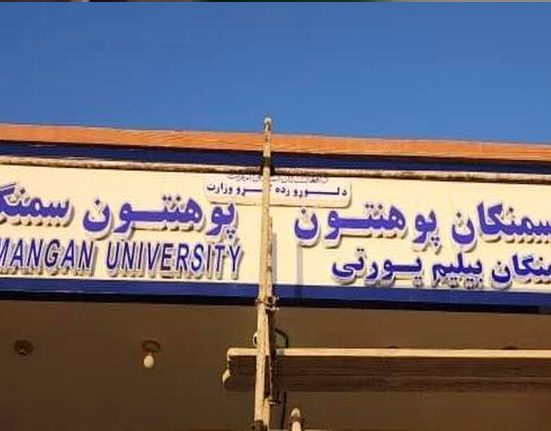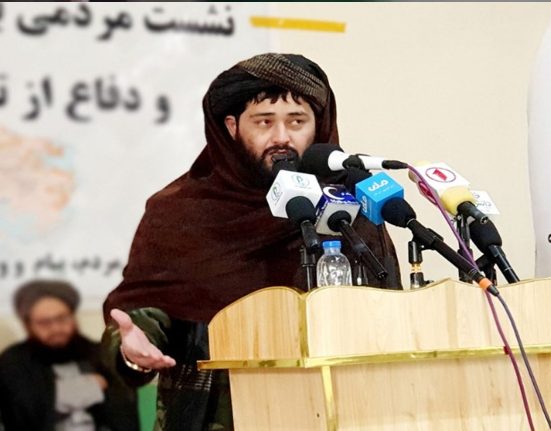
The Slow Death of Freedom of Expression in Afghanistan; Taliban Force Media into Systematic Silence
In the latest restrictive step, the Taliban Ministry of Information and Culture has asked media outlets to obtain official permits and share the content with the ministry before hosting any political or analytical program.
This measure has dealt a heavy blow to media freedom and free speech in Afghanistan.
According to a document issued to the media under the title “Policy for Holding Political Programs,” the presence of experts in political programs will also be subject to Taliban approval and special identification cards.
The document explicitly emphasizes that the content of the programs must be fully consistent with the Taliban’s line of thought and policies.
The Taliban have warned that if they broadcast opposing views, media outlets will face consequences such as revoking their licenses.
This is while the group has asked the media to observe “decency” and the Taliban’s established frameworks when criticizing government officials; a framework that effectively eliminates the space for free and constructive criticism.
These new restrictions are being imposed in a situation where the Taliban government has severely suppressed the Afghan media environment for more than three years with systematic censorship, widespread arrests of journalists, and the closure of hundreds of media outlets.
Based on statistics from “Reporters Without Borders,” at least 141 journalists have been arrested by the Taliban during this period; a number of them have been tortured during their detention.
At the same time, dozens of media outlets have stopped their activities due to economic reasons, political pressure, or direct threats.
Media analysts believe that this new guideline not only prevents the publication of different views, but is also a clear attempt to turn the media into the official mouthpiece of the Taliban;
A process that is in complete contradiction with the basic principles of journalism, freedom of expression and free access to information.







